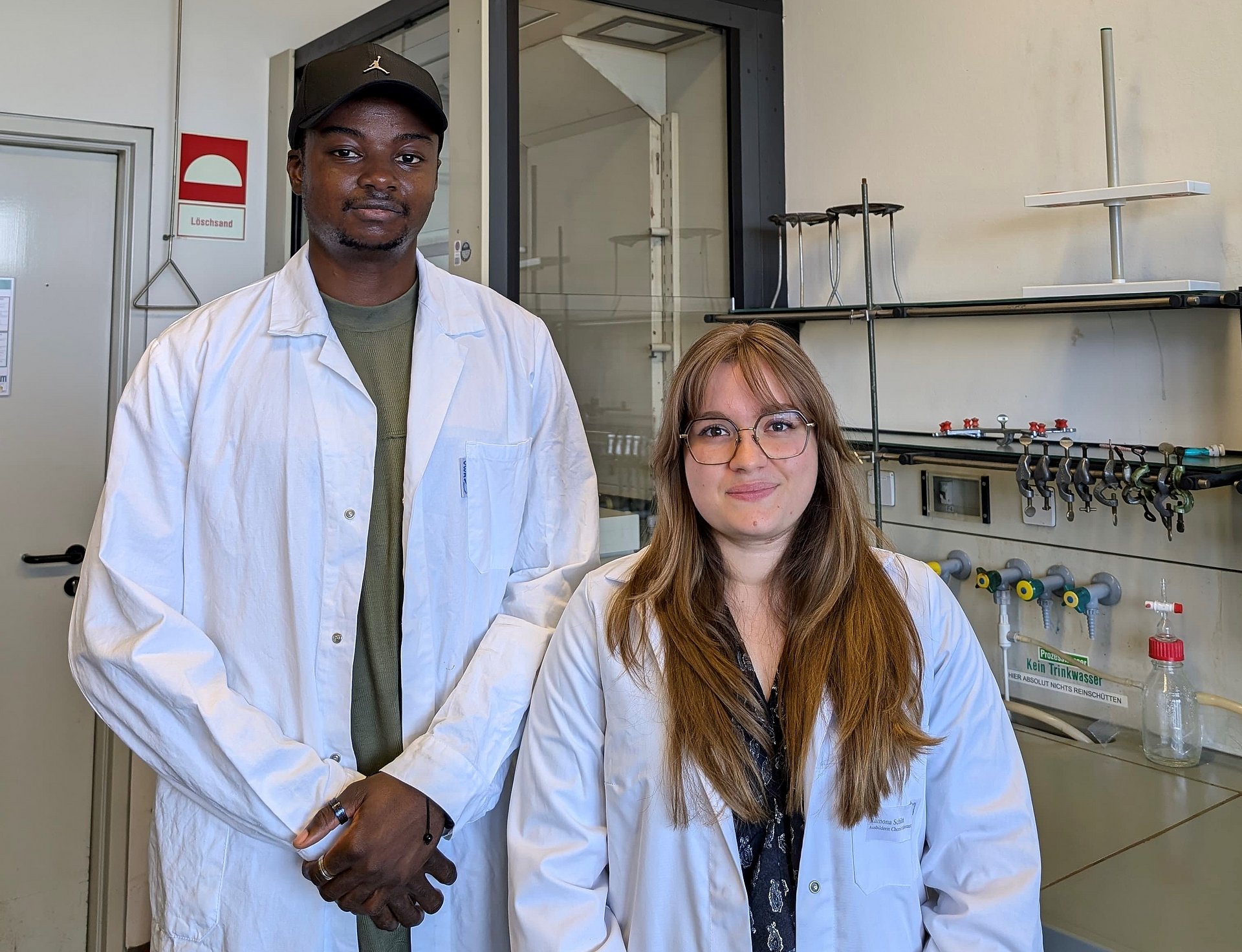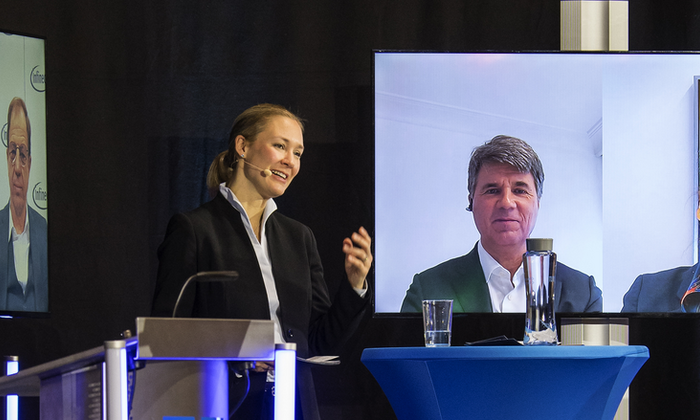Working in science even without a degree
TUM offers numerous opportunities for vocational training

This year, 30 new apprentices are starting their training at TUM. The possible professions range from IT system electronics, mechatronics, and glass apparatus engineering to specialists in chemistry laboratories. However, professions such as office management clerks and precision mechanics are also in demand at the university. There are also less common occupations, such as beer brewing, boat building, and fishing, which can be learned at TUM.
Participating directly in cutting-edge research
Monika Partsch-Schwaiger, who heads the TUM Vocational Training Center (AuTUM), herself completed her training as a chemical laboratory assistant at TUM in the 1980s. Since then, she has remained loyal to the university and now looks after the next generation: "The environment at the university is something extraordinary. You are directly involved in science and work together with researchers in the laboratory on groundbreaking experiments, for example. I particularly like looking beyond my own professional field. There's always something exciting happening here." Partsch-Schwaiger also hears this from the 100 or so trainees currently at TUM.
Jeff Offorjindu also appreciates the broad range of topics he is learning about during his current training as a chemical laboratory assistant at TUM - from inorganic chemistry and biochemistry to environmental or electrochemistry. "The special thing about TUM is that you can participate in research from the very beginning and contribute to gaining new insights," he says. After completing his German high school diploma, he deliberately decided against studying. He opted for vocational training as a chemical laboratory technician at TUM: "You have an income right from the start. And we learn how to approach the experiments in a very structured way here and can always contact our trainers directly if we have any questions."
Ramona Schütt also completed her training at TUM. She is now an instructor at AuTUM herself. She is responsible for supporting the apprentices on their way to their exams. "I've always enjoyed passing on my knowledge and helping the trainees," she says. She advises teens to consider whether they want to do theoretical or practical work: "The best way to find out whether you enjoy lab work is to do an internship."
Great appreciation from the researchers
TUM President Prof. Thomas F. Hofmann emphasizes: "As a chemist myself, I have often benefited from the specialist knowledge and skills of my colleagues from training professions. In the laboratory, we all work together, side by side. This teamwork, the interaction of different perspectives, experiences, and skills, makes our TUM so successful."
Some apprentices are even so infected by science that they later start a degree course themselves. But the university is, of course, also happy to welcome all those who stay at TUM in their jobs and help it to be at the forefront of global competition. As employees of the Free State of Bavaria, they enjoy the excellent security offered by the public sector.
The deadline for applications to start vocational training next year is the end of October. The website of the training center provides information on the professions on offer, locations (Munich, Garching, Freising-Weihenstephan), and contact details.
Technical University of Munich
Corporate Communications Center
- Ulrich Meyer
- presse@tum.de
- Teamwebsite
Contacts to this article:
Monika Partsch-Schwaiger
Technical University of Munich
Vocational Training Center
Tel. +49 89 289 13159
E-Mail: partsch@tum.de
www.berufsausbildung.tum.de/en



